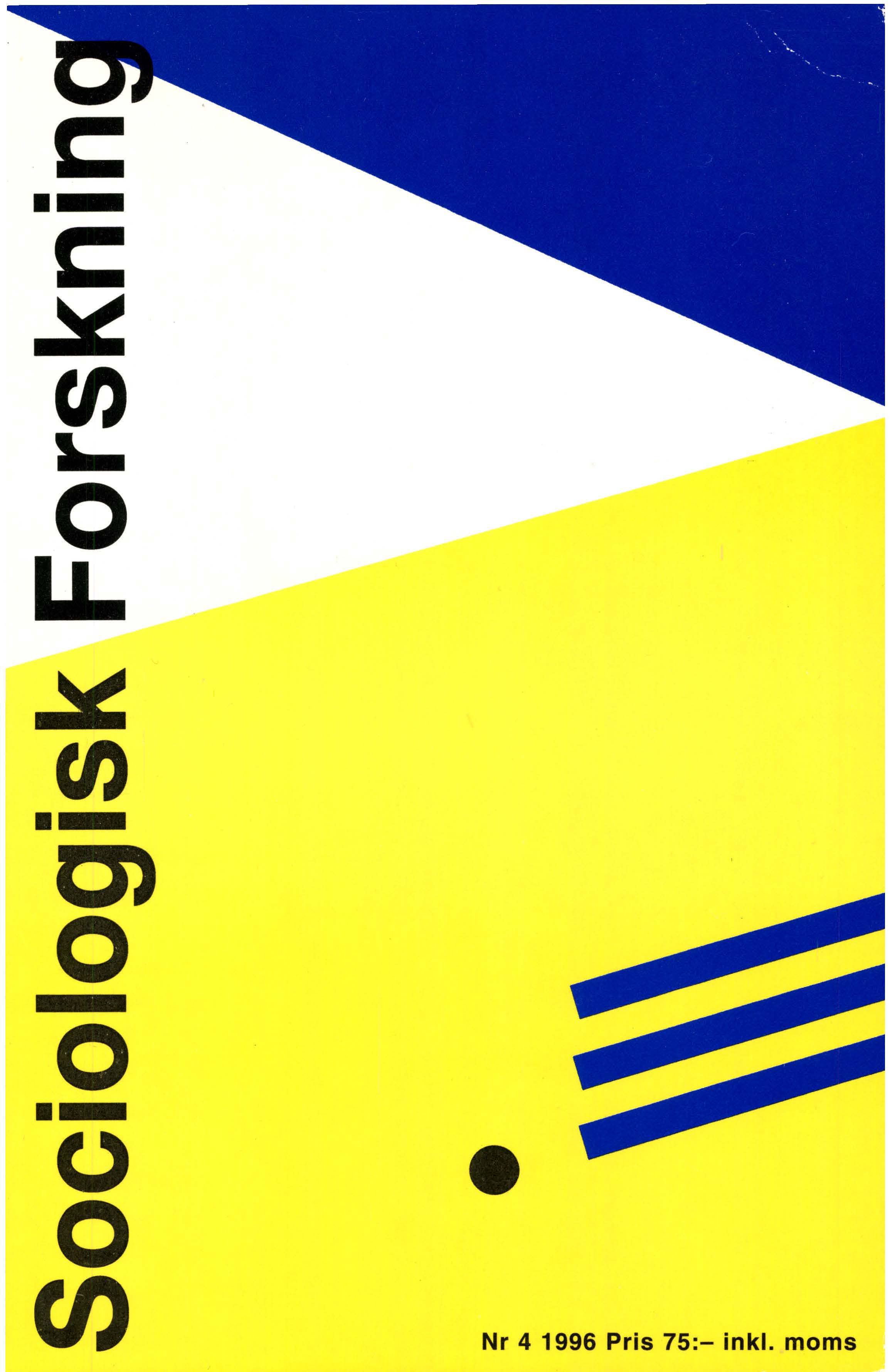Socialklass och attityderna till nedskärningar i välfärdssystemet i Finland
DOI:
https://doi.org/10.37062/sf.33.18572Abstract
Social class and attitude towards cuts in the welfare system in Finland
In various earlier studies focusing on the expansion of the welfare state social class has proven to be of great significance in explaining attitudinal cleavages among citizens. This study focuses mainly on how social class influences attitudes towards cuts in three main types of welfare programmes in Finland, namely eamings-related and universal cash benefits and also universal social services and, further, to look for possible attitude differences within the classes. In addition to class, explanatory variables both mainly related to the individual's self-interest and to socialisation were included in the analysis. The study is based on data concerning respondents active in working life (N=1178) included in a Finnish nationwide survey. Results show that the attitudinal differences between social classes vary depending on the type of benefit. The greatest differences between social classes are to be found in the case of eamings-related benefits and the smallest in the case of universal cash benefits. Attitudes within the social classes vary the most among lower white-collar employees, whose attitudes are differentiated by many different explanatory variables. When it comes to variables mainly related to socialisation, the social class of the father is most important in explaining variations in attitudes; respondents with blue-collar worker fathers more often resist cuts than do respondents of the same class whose fathers are farmers or whitecollar employees. These differences are greatest among higher professionals. This finding suggests that analyses of welfare attitudes might gain from including other than only the traditional, mainly self-interest based explanatory variables. Comparing with the results from previous studies, gender seems to be of greater importance when explaining attitudes towards cuts in the welfare system; women more often resist cuts than men do. Hence, the study shows that attitudes towards cuts in the welfare system might be partially influenced by different factors than attitudes towards an expansion of the welfare system.
Downloads
Publicerad
Referera så här
Nummer
Sektion
Licens
Allt material i Sociologisk Forskning publiceras med omedelbar öppen tillgång (open access), under Creative Commons-licensen CC BY-NC-ND 4.0.
Allt innehåll i tidskriften är fritt tillgängligt utan kostnad och får för icke-kommersiella syften fritt läsas, laddas ned, kopieras, delas, skrivas ut och länkas. Innehållet får dock inte ändras. När innehållet används måste författare och källa anges. Upphovsrätten till innehållet tillhör respektive författare. Inga publiceringsavgifter tas ut.





